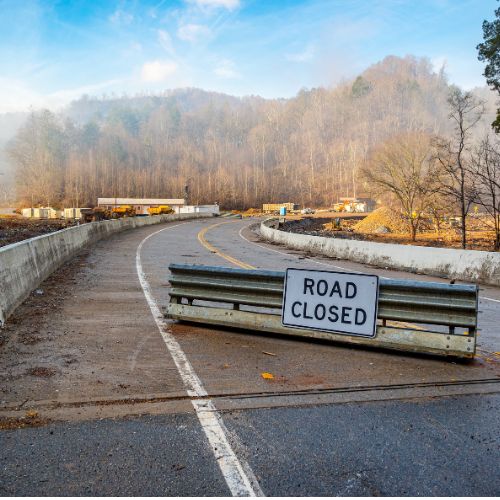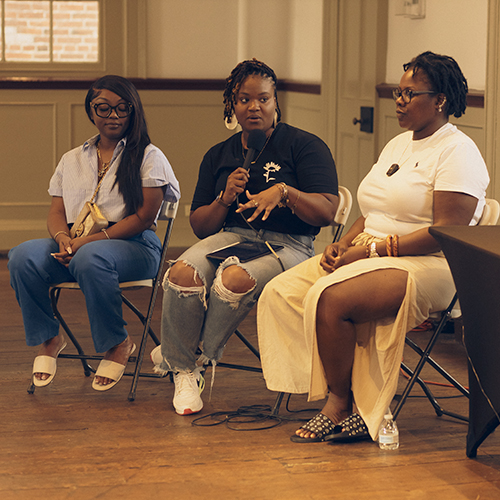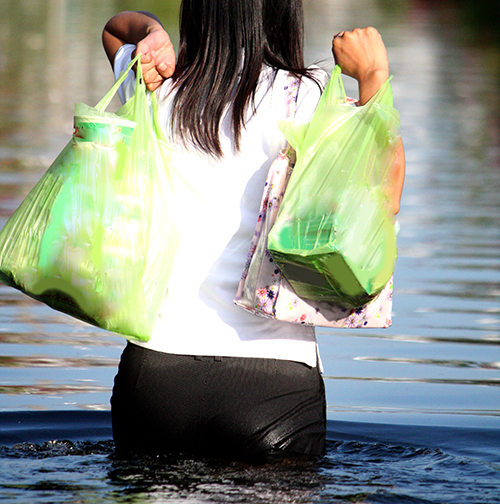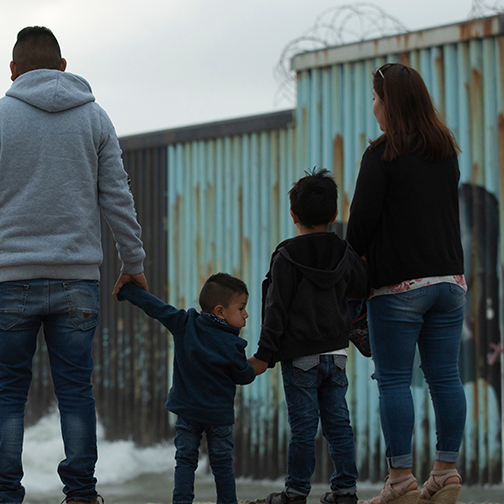Policies that deny flood aid to residents who cannot afford to repair their homes have created a gap that predatory lenders have jumped to fill.
Research Counts
Equity and Inclusion in Disasters Special Collection
This special collection of Research Counts features insights from research on often overlooked issues and underserved communities. The pieces are written by emerging scholars from underrepresented groups with expertise in equity and inclusion in disasters. This collection enhances the understanding of social inequality in crises while highlighting opportunities for cooperation and coordination between researchers and practitioners.
The articles in this collection showcase the work of fellows and alumni of the Bill Anderson Fund (BAF), a nonprofit organization that works to ensure that the diversity of the hazards and disaster field is reflective of American society. The BAF’s multidisciplinary community of scholars includes trailblazers in research and practice who strive to reduce the disproportionate harm and suffering disasters cause to those marginalized by society. The articles in this collection will highlight several cross-cutting themes related to:
- Low-Attention Disasters
- Social Marginalization and Inequality
- Equity and Inclusion Across the Disaster Cycle
- Best Practices for Community-Based Collaborations
- Strengths and Capacities of Socially Marginalized Communities
Research Counts articles are intended for a broad audience of public health practitioners, emergency managers, policy makers, journalists, and others interested in the impacts of disaster. You can read about the motivation for the series and access contributions and other special collections on the Natural Hazards Center website.
Most Recent

Incorporating equity into infrastructure planning can strengthen both the physical and social aspects of the systems people use daily, resulting in more resilient communities.
Social Marginalization and Inequality

Policies that deny flood aid to residents who cannot afford to repair their homes have created a gap that predatory lenders have jumped to fill.

Incorporating equity into infrastructure planning can strengthen both the physical and social aspects of the systems people use daily, resulting in more resilient communities.

Arts-based activism—artivism—can connect those impacted by disasters with those who work with and study them. This humanizing approach can improve research outcomes and address social injustices.

Immigrants—especially women—face distinct challenges in disaster recovery. Learn more about the experiences of Mexican women in Houston after Hurricane Harvey.
Strengths and Capacities of Socially Marginalized Communities

The ways that people who are undocumented prepare for the threat of deportation is a study in resilience—with lessons for disaster readiness.

Older adults have a wealth of skills, talents, and knowledge that can be brought to bear in a disaster situation. Recognizing their resilience is good for them and good for the community.
